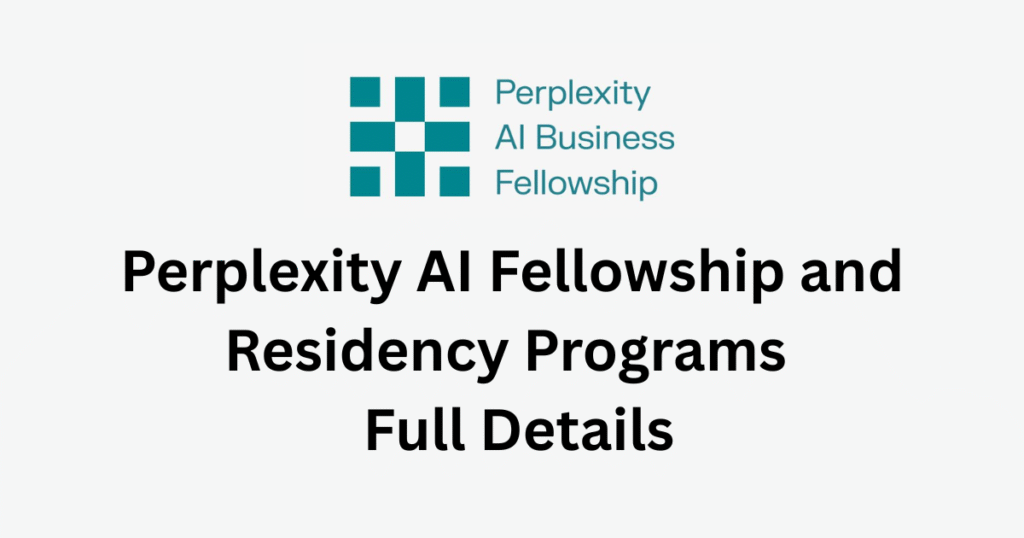Are you a medical student or a new doctor thinking about your next step after residency? A fellowship might be the answer.
A medical fellowship is advanced training that helps you specialize in a specific field (like cardiology surgery or research). It’s the final step before becoming an expert in your area.
This guide will help you understand:
- What a fellowship is
- Why you should consider one
- How to apply successfully
- Key deadlines and documents
Also Read: Commonwealth Fellowships – Professional, Startup, and Postdoctoral Programs
1. What is a Medical Fellowship?
- Extra training after residency to become a specialist
- Focuses on a specific field (e.g. oncology neurology pediatrics)
- Combines hands-on practice and research
Example:
Residency = Learning general cooking
Fellowship = Mastering Italian cuisine
2. Why Do a Fellowship?
- Become an expert in your field
- Higher salary and better job opportunities
- Work with top doctors and researchers
- Essential for competitive specialties
3. Popular Fellowship Specialties in 2026
High-demand fields:
- Geriatrics (aging population)
- Pulmonology (post-COVID care)
- Palliative Care (end-of-life medicine)
- Infectious Diseases (global health)
- Radiology/Oncology (tech-driven growth)
4. Who Can Apply?
- Completed (or finishing) residency
- Hold an MD or equivalent degree
- Meet program requirements (e.g. board exams language tests)
5. Key Application Deadlines (2026 Intake)
- June-Aug – Applications open
- Sep-Nov – Interviews
- Jan – Results announced
- July – Programs start
Note: Dates vary by country/program – always check
6. Documents You Need
- Updated CV
- Medical school transcripts
- Board exam scores
- 2-3 recommendation letters
- Personal statement
- Medical license (if required)
7. Where to Find Fellowships?
- Hospital/university websites
- Medical associations (ACGME ERAS)
- Government health departments
- LinkedIn and networking events
8. How to Apply For Medical Fellowship – Step by Step
- Choose your specialty
- Research programs
- Check eligibility
- Prepare documents early
- Submit online application
- Attend interviews
- Wait for results and accept
9. Personal Statement Tips
- Explain why you chose this specialty
- Share unique experiences
- Keep it honest and personal
- Avoid clichés
- Proofread multiple times
10. Choosing the Right Program
- Location matters (cost of living family needs)
- Mentor quality and support
- Research vs clinical focus
- Work-life balance
- Talk to past fellows for feedback
11. Interview Preparation
Common questions:
- Why this specialty?
- Describe a tough case you handled
- Your research interests
- Where do you see yourself in 5 years?
Pro tip: Practice with a mentor
12. Mistakes to Avoid
- Missing deadlines
- Incomplete applications
- Generic personal statement
- Ignoring program instructions
- Poor interview prep
13. Salary and Funding
Average fellowship salaries:
- USA: $55K-$70K/year
- UK: £35K-£50K/year
- Canada: CAD 60K-75K/year
- Some programs offer stipends/housing
14. Life After Fellowship
- Work as a specialist in hospitals/clinics
- Teach at medical schools
- Research and publish papers
- Pharma/NGO consulting
Final Thoughts
A fellowship is more than extra training – it’s your path to becoming a leader in your field. Start preparing early stay organized and choose a program that fits your goals.





